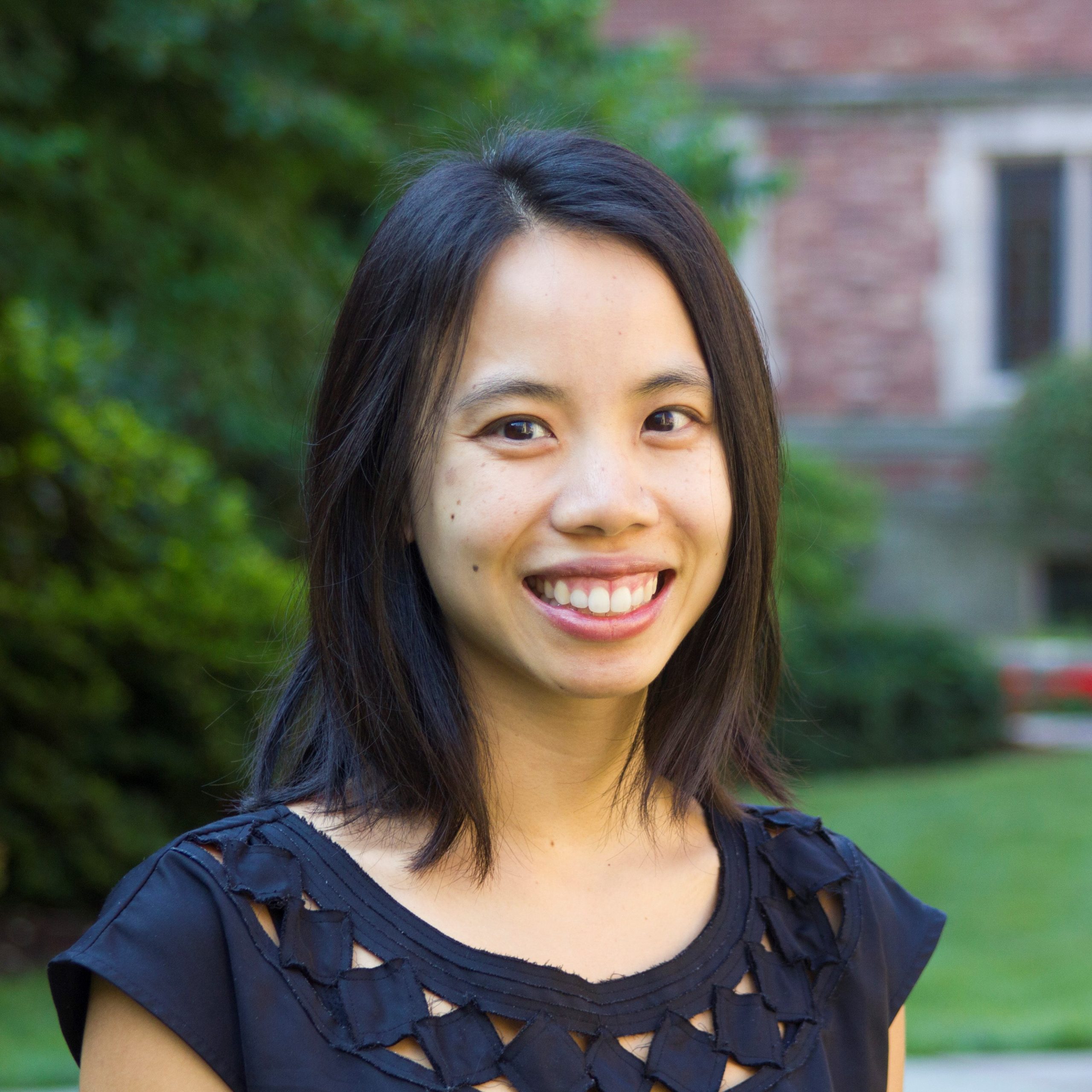SYMPOSIUM
Being race-conscious is a necessary and effective tool to address racism and discrimination — including for Asian Americans

on Oct 28, 2022 at 3:40 pm

This article is part of a symposium on the upcoming arguments in Students for Fair Admissions v. University of North Carolina and Students for Fair Admissions v. President & Fellows of Harvard College. A preview of the case is here.
Bethany Li is the legal director of the Asian American Legal Defense and Education Fund, which submitted an amicus brief on behalf of more than 120 Asian American organizations and educators supporting UNC and Harvard.
“We will not be used” is a rally cry you will hear from Asian Americans voicing their support for affirmative action. This sentiment has never held so true as at this moment. As we fast approach the Supreme Court hearings on race-conscious admissions at Harvard University and the University of North Carolina, Asian Americans have been thrust into the spotlight. Opponents of affirmative action are litigating under the guise of defending Asian Americans. But we are not so easily pandered to.
Since coming to the United States, Asian Americans have had to fight for our rights. The term “Asian American” came about during the civil rights era as a point of unity in response to the discrimination and violence that our community has faced. “Asian” acknowledges our shared roots as refugees and immigrants from the largest and most religiously, ethnically, and linguistically diverse continent, while “American” affirms our right to be here in this country. Connecting our racialized experiences has been critical to developing a stronger voice, but the histories and migration experiences of Asian Americans are incredibly diverse. We are not a monolith.
Students for Fair Admissions, the plaintiff in the Harvard and UNC lawsuits, was founded by a white affirmative-action opponent and funded by conservative foundations. After unsuccessfully crusading against affirmative action in prior Supreme Court cases, SFFA now purports to protect the rights of Asian Americans. In its disingenuous defense of Asian Americans, SFFA deploys harmful stereotypes of our community.
SFFA perpetuates the trope of the Asian American as the “model minority” — depicting Asian Americans as a “successful” monolithic group that “deserves” to attend elite universities. Relying on manipulated admissions data, SFFA argues that Asian Americans are discriminated against in higher education. Yet SFFA’s submission fails to include testimony from Asian American students and does not even offer a remedy for the alleged discrimination. Instead, SFFA argues that race-conscious admissions is the culprit. For SFFA, the pretext of defending Asian Americans was the means to an end: eliminating race-conscious admissions.
Affirmative-action opponents have long relied on the racist model minority myth to pit Asian Americans against other communities of color. In addition, the myth obscures challenges our community faces. For example, one in four Asian American adults in New York City lived in poverty in 2020 — an experience rendered invisible by the model-minority myth. But individualized race-conscious admissions, like the policies implemented at Harvard and UNC, allows students to present their whole selves and showcases the range of Asian American experiences in institutions of higher learning.
Asian Americans encompass 24 million people in the United States who speak more than 300 languages and include 50 ethnic subgroups. Our immigration stories are similarly diverse. Early Chinese and Indian immigrants built the country’s first railroads. Nurses from the Philippines, a former colony of the United States, helped fill a critical medical provider gap. Refugees driven out by war and genocide in Vietnam, Cambodia, and Laos are more recent arrivals. And some, like my family, immigrated to the United States only after the Immigration and Naturalization Act of 1965 abolished discriminatory restrictions on China and other countries. As a result, Asian Americans have widely different socioeconomic conditions and education attainment rates. Indeed, income inequality among Asian Americans is greater than any other racial group.
Race-conscious admissions policies benefit Asian American students. Being able to bring their whole identities to college helps students contextualize their past experiences and struggles as they navigate a new and complex world. Admitting Asian American students with different backgrounds, personalities, and interests further helps to dispel the model-minority myth and other stereotypes. Exposure to the diversity of this environment is crucial for Asian American students who might otherwise feel pressure to fit harmful stereotypes.
And all students regardless of race benefit from interacting with students from other races, ethnicities, and backgrounds. Especially given the recent wave of anti-Asian violence, meaningful exposure and interaction with people of diverse backgrounds is necessary for humanizing and affirming our place in this country. To understand the history of violence and racism against the Asian American community, we need to also understand the history of violence and racism against Black and Indigenous people and other communities of color in the United States. Studies confirm campus environments that foster this type of learning help to create thriving communities that build across racial lines.
For decades, America has simultaneously cast Asian Americans as a model minority while excluding us as perpetually foreign. This racial triangulation of Asian Americans — below white Americans, above other communities of color, and yet ostracized from American society — exploits Asian Americans and other communities of color alike. SFFA’s crusade to stop race-conscious admissions will harm communities of color, including Asian Americans. Furthermore, it will deprive all students of opportunities to challenge entrenched ideas and nurture the robust diversity of perspectives that institutions of higher learning are uniquely suited to cultivate.
No matter the outcome of the upcoming hearings, Asian Americans will continue to fight for our right to be here. Race-conscious admissions has helped our community and many others access spaces and occupy seats of power that would have otherwise been closed to us. And whether through courts, legislatures, or marching on the streets, I believe that Asian Americans will continue to stand in solidarity with other marginalized groups to further the promise of racial equality and equity in this country.


